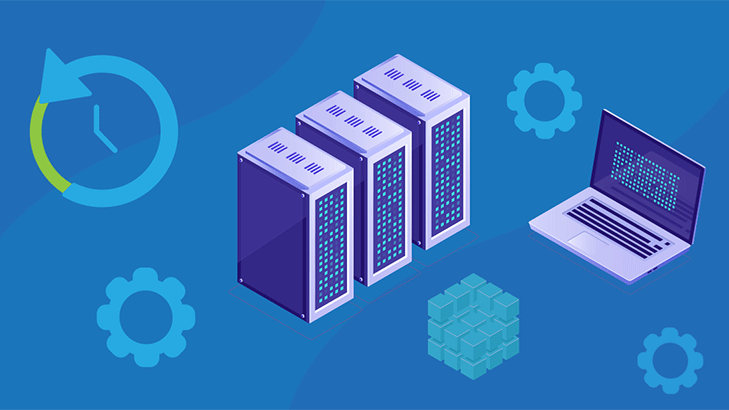The impact of physical server location on site performance
Building a website is first and foremost a creative endeavor, and only then a chore. Every step, from choosing a design to creating unique content, requires attention to detail and creative thinking to help you stand out among your competitors. But there is one aspect that is often overlooked – the physical location of your website. This may seem like a minor factor with no impact on anything, but this is a misconception. We tell you what is affected by the physical location of the server…
What the hosting location affects
The physical location of your hosting affects several key aspects of your website’s performance:
- speed of pages for the target audience;
- compliance of the content with the legislation of the country where the server is located;
- search engine optimization.
Consider these factors in more detail.
Speed of page loading for the target audience
To make it easier to understand how this works, you can think of the internet as a huge network of roads. The data that is transferred from the server to the user is a car that is trying to get from point A (server) to point B (user’s device). If these two points are far apart, the “car” will take longer to drive. This is latency, which is the time it takes for data to travel from the server to the user.
If the server is located far away from your target audience, it will result in longer page load times. Modern users are spoiled with fast internet and are not ready to wait for a long time for a page to load (especially for mobile devices). Accordingly, if your site will take a long time to load (more than 3-4 seconds), you will lose some of your potential customers, which can lead to a drop in conversions and, consequently, profits.
Compliance of content with the country’s legislation
Some countries have strict information control laws that may limit what you can publish on your website. On the other hand, if your server is located in a country with more loyal laws, you will have more freedom over content.
Search Engine Optimization
The physical location of the server can affect SEO, although it is not a key factor. The mechanism of influence is as follows:
- As mentioned earlier, if the server is closer to the target audience, pages load faster. Page load speed is one of the search engine ranking factors.
- Physical location affects server uptime, which can also affect SEO. If the server crashes frequently, it leads to the fact that search engines cannot index the site properly, and this will negatively affect its ranking in the output.
The direct impact of physical server location on SEO rankings is a debatable issue, even among SEO experts. It is an undeniable fact: the closer the server with the site is located to your target audience, the faster it will zarguguzha them.








